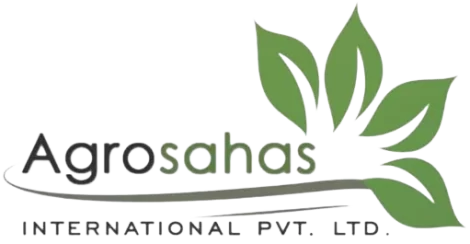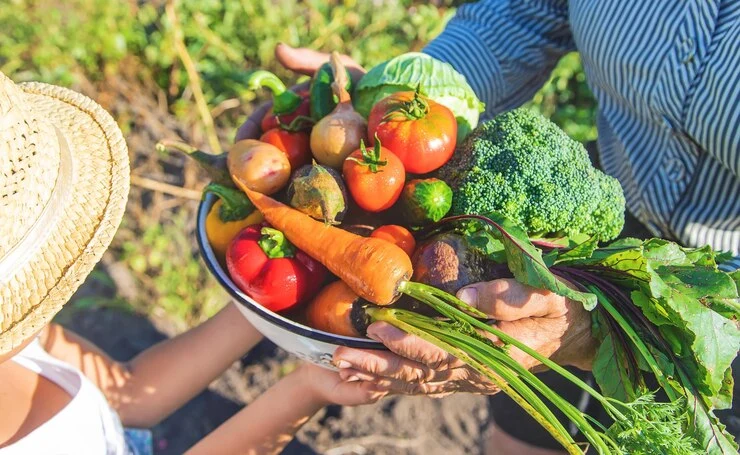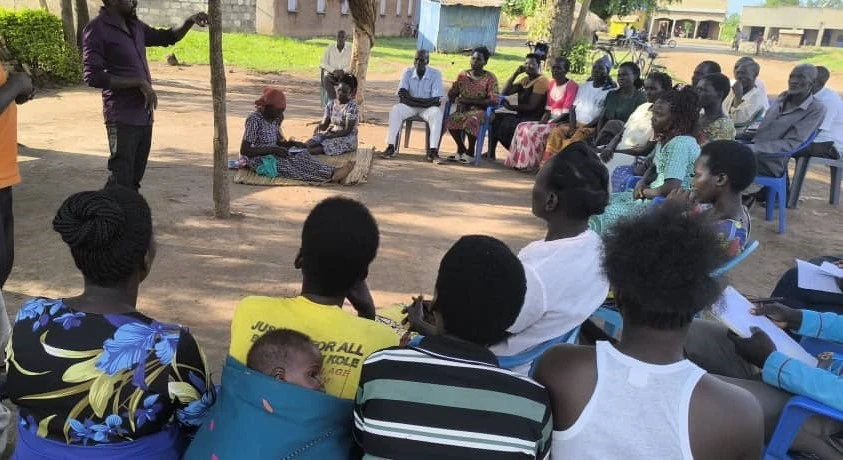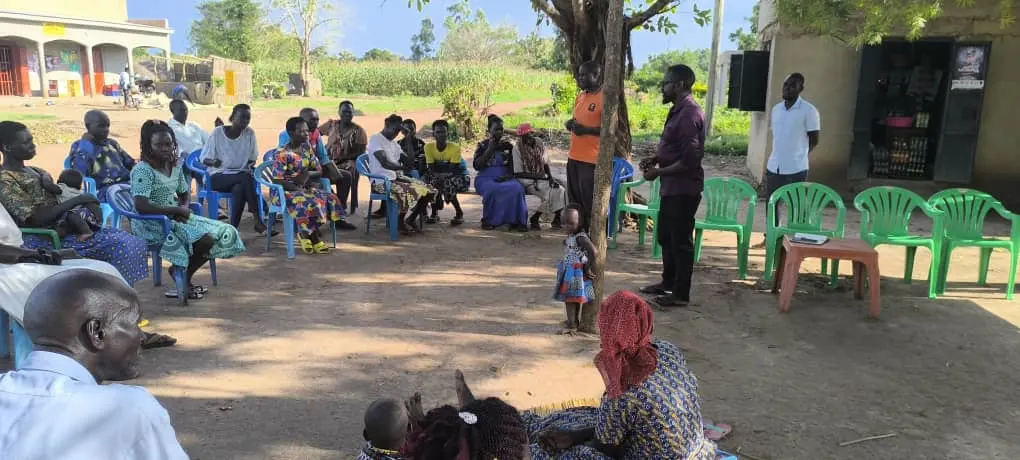In today’s agricultural landscape, the shift towards sustainable and organic farming practices is more critical than ever. Agrosahas International PVT LTD has been at the forefront of this movement, championing organic farming to promote environmental sustainability, improve soil health, and enhance the well-being of farmers and consumers alike. This blog explores the principles and advantages of organic farming methods promoted by Agrosahas, as well as the comprehensive services the organization offers.
What is Organic Farming?
Organic farming is an agricultural practice that relies on natural processes and inputs to cultivate crops and raise livestock. It avoids the use of synthetic fertilizers, pesticides, genetically modified organisms (GMOs), and other artificial additives. The goal is to create a harmonious balance between farming activities and the natural environment, ensuring long-term sustainability and health for both the ecosystem and human populations.
Principles of Organic Farming
Agrosahas follows several key principles in its organic farming approach:
- Soil Health: Maintaining and improving soil fertility through natural means such as composting, crop rotation, and the use of cover crops.
- Biodiversity: Promoting a diverse ecosystem on farms to enhance resilience against pests and diseases.
- Natural Pest Management: Utilizing biological control methods and natural predators to manage pest populations.
- Sustainable Resource Use: Emphasizing the conservation of water, soil, and other natural resources.
- Animal Welfare: Ensuring that livestock are raised in humane conditions with access to natural grazing and organic feed.

Services Offered by Agrosahas
Agrosahas provides a wide range of services designed to support farmers in adopting and thriving with organic farming practices:
- Training and Education: Conducting workshops and training sessions to educate farmers about organic farming techniques, soil management, and pest control.
- Consultation Services: Offering personalized consulting to help farmers develop and implement organic farming plans tailored to their specific needs.
- Access to Organic Inputs: Providing farmers with access to high-quality organic seeds, fertilizers, and other essential inputs.
- Market Linkages: Connecting organic farmers with markets and buyers to ensure they receive fair prices for their produce.
- Research and Development: Investing in research to continuously improve organic farming methods and develop innovative solutions for sustainable agriculture.
Benefits of Organic Farming
Organic farming offers numerous benefits that align with the goals of Agrosahas:
- Environmental Sustainability: Organic farming reduces pollution, conserves water, and enhances soil health, contributing to a healthier ecosystem.
- Healthier Produce: Organic crops are free from synthetic pesticides and fertilizers, making them safer and healthier for consumers.
- Economic Viability: Organic farming can be economically beneficial for farmers due to premium prices for organic produce and reduced input costs.
- Enhanced Biodiversity: Organic farms support a greater variety of plants, animals, and microorganisms, contributing to overall biodiversity.
- Climate Resilience: By improving soil health and using sustainable practices, organic farming helps mitigate the impacts of climate change.

Case Studies: Agrosahas’ Impact
- Success Story 1: Farmer Empowerment through Training
In Northern Uganda, Agrosahas conducted a series of training sessions for smallholder farmers on organic farming techniques. As a result, many farmers reported increased crop yields, improved soil health, and higher incomes due to premium prices for organic produce. - Success Story 2: Market Access for Organic Farmers
Agrosahas facilitated market linkages for organic farmers in rural communities, enabling them to sell their produce to urban markets at competitive prices. This initiative not only improved the farmers’ livelihoods but also promoted the availability of organic produce in cities. - Success Story 3: Research and Innovation
Through its research and development programs, Agrosahas introduced innovative organic pest management solutions that significantly reduced crop losses without harming the environment. These solutions have been adopted by farmers across the region, demonstrating the effectiveness of organic practices.
Conclusion
Agrosahas International PVT LTD’s commitment to organic farming is transforming the agricultural landscape in Uganda and beyond. By promoting sustainable practices, providing essential services, and empowering farmers, Agrosahas is not only improving agricultural productivity but also contributing to a healthier and more sustainable future. The benefits of organic farming extend beyond the farm, impacting the environment, economy, and society as a whole.




